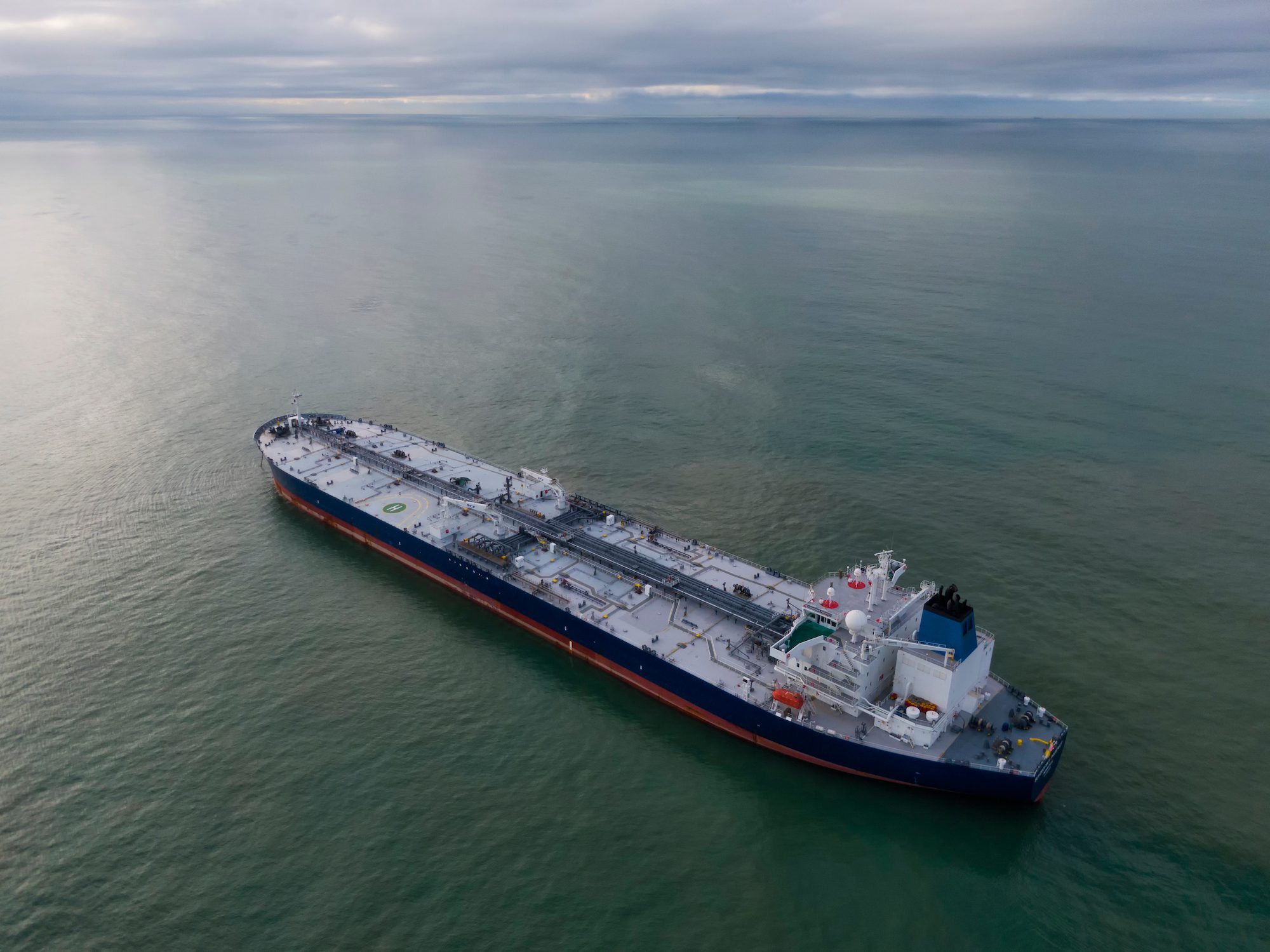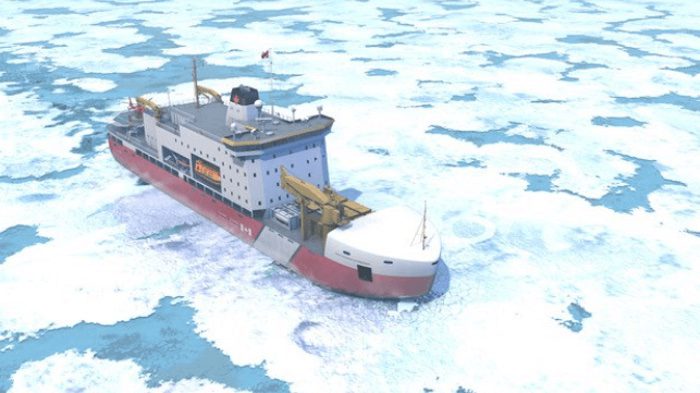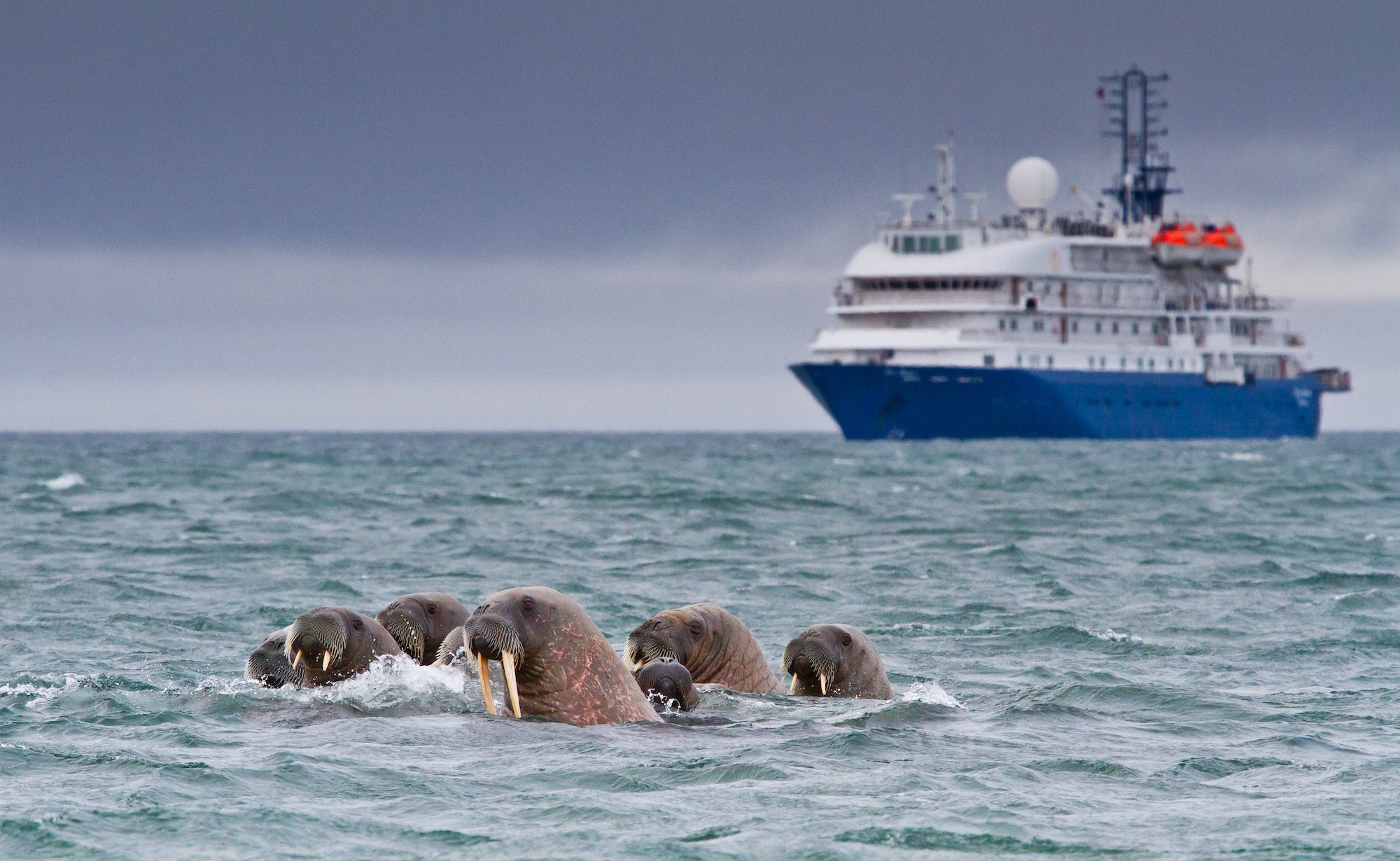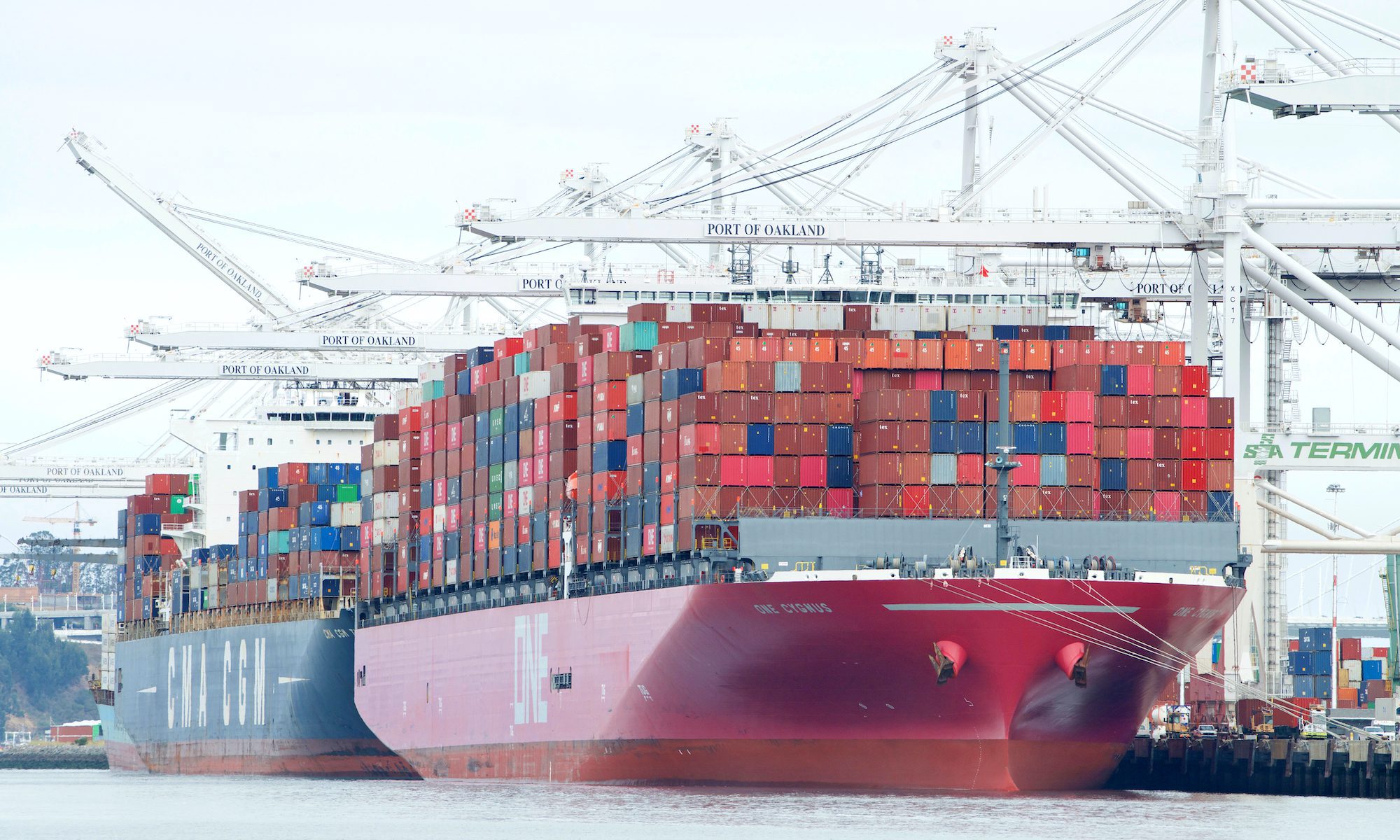By Barry Parker (gCaptain) –
The listed companies running the big fleet of tankers have now reported earnings for 2022’s Q4. As last year ended, the market had seen a huge run-up. Though spot TCE’s for VLCCs and Suezmaxes eased somewhat around early December as the price caps on Russian crude were kicking in, the quarterly results were still off-the-charts good.
The results were so good that market stalwart International Seaways (NYSE: INSW) hit new highs in trading following its “earnings beat” announcement $218.4 million net income (working back to $4.40 per share, assuming full dilutions). Its share price reached up above $50/share as the broader equity market indices were heading downward—indeed almost tripling its year-ago level.
In its Q4 presentation, INSW management pointed to 2022 being its “Strongest year in our history.” Besides its quarterly dividend of $0.12/share, management sweetened the pot with a $1.88/share special dividend, leading to 2022 seeing the “Highest cash returns” [to investors] in the company’s history, with nearly $90 million paid out to shareholders.
By virtue of its 2021 acquisition of Diamond S, INSW found itself heavily invested in product tankers, which were a major contributor to its positive results. Of $854 million of time charter equivalent (TCE) income, some $532 million (around 62%) came from moving refined products. With an average breakeven cost per day around $17.5k day, and its vessels chartered out at levels in $50k’s and $60k’s, the money continues to flow in Q1 2023.
In strong markets, returns to shareholders are a paramount consideration. Analyst Chris Robertson, at Deutsche Bank, referring to an earlier pronouncement, wrote: “we believe the market doesn’t fully appreciate INSW’s capacity and willingness to return meaningful cash to shareholders in the form of special dividends.”
Another large tanker owner, Frontline (NYSE: FRO) was also focused on returns to shareholders, indeed catching up on disbursing funds it was holding on to, due to it acquisitive activities (more on that in a minute). Its preliminary Q4 net income of $240.0 million (based on spot TCEs for VLCCs, Suezmax tankers and LR2/Aframax tankers of $63.2k, $57.9k and $58.8 per day, respectively, was its highest since the boom times (pre-crash) of Q2, 2008.
In discussing the FRO Q4 results, Jefferies analyst Omar Nokta, explained that the company “declared two dividends today, the delayed 3Q payout of $0.30/share and a 4Q dividend of $0.77/share. Both represent an 80% payout of earnings.”
Equity analyst Jon Chappell, at Evercore ISI, and a big fan of FRO, also highlighted another positive aspect of FRO’s abundant sea chest—the ability to pay down debt. He told investors: “the abundant cash balance now no longer renders dividends mutually exclusive with deleveraging, and additional debt repayments are likely over the course of 2023.”
In February, FRO had repaid $60.0 million of its $275.0 million senior unsecured revolving credit facility; its CFO was suggesting that more repayments will be coming up.
Lurking in the back of all this is the battle for Euronav (NYSE: EURN); FRO had withdrawn its “Combination Agreement” in January (while actually upping its holdings in EURN). Its pullback from the deal (originally announced in July, 2022) brought about a sit-down of sorts between the parties. Stifel analyst Ben Nolan explained to clients: “From a business perspective, Euronav is positioned well to continue capturing the upside while this market persists, however, the legal battle will be an overhang on the stock until things are more clear.”
Yogi Berra, an analyst of a different sort, said (and I think I also wrote, around the time of the arbitration meeting) “it ain’t over until it’s over.”
In the meantime, the sector continues to out-perform, with analysts looking at longer trade routes (thanks to the new treatment of Russian crude and products flows), a nascent recovery in China, and additional cargo demand if the U.S. continues to empty its Strategic Petroleum Reserve (SPR). Jon Chappell, from Evercore ISI, noted that revenues from FRO’s vessel fixtures in 2023’s Q1 “are way ahead of our previous estimates.”
Unlock Exclusive Insights Today!
Join the gCaptain Club for curated content, insider opinions, and vibrant community discussions.

 Join The Club
Join The Club













